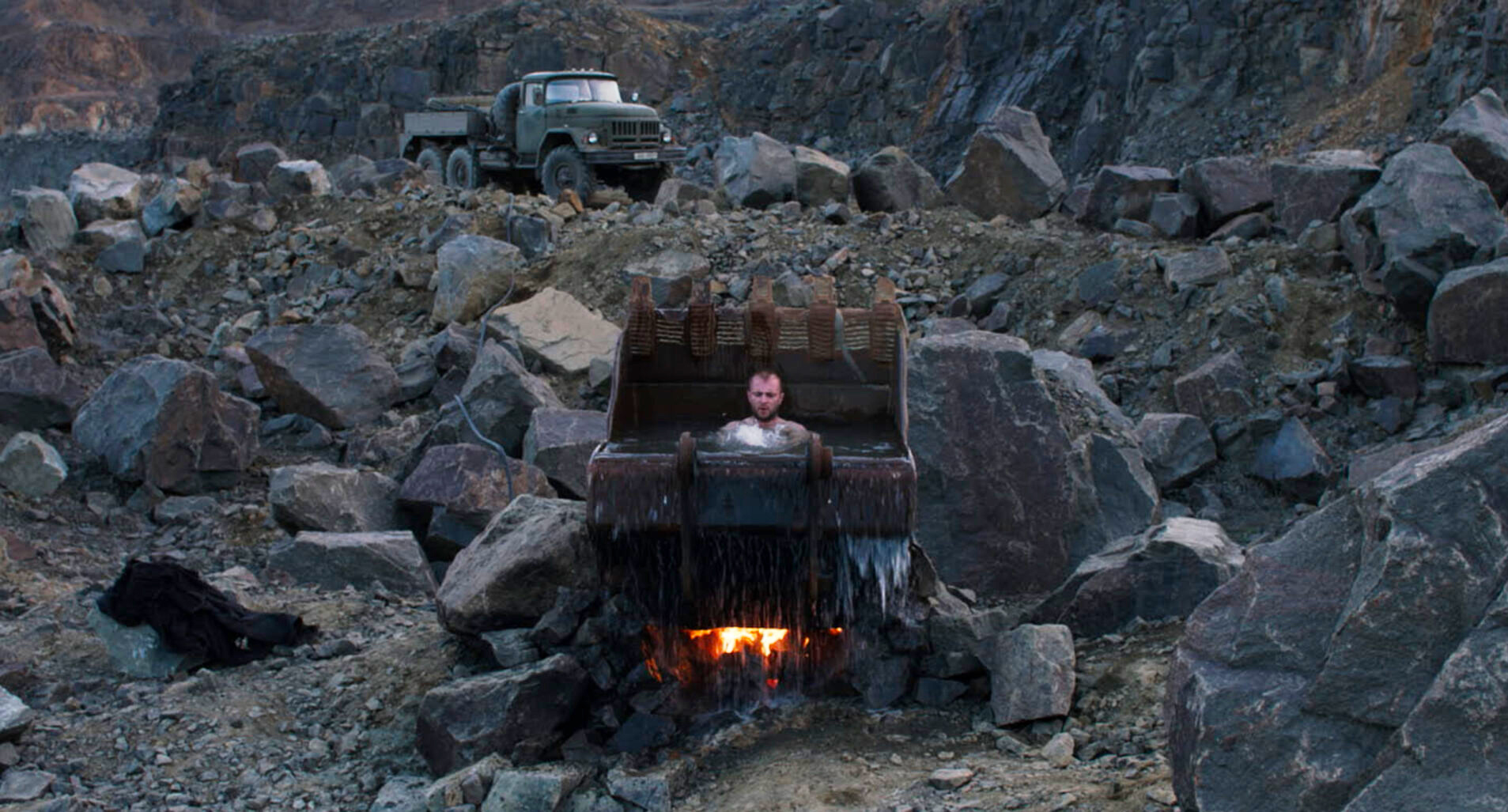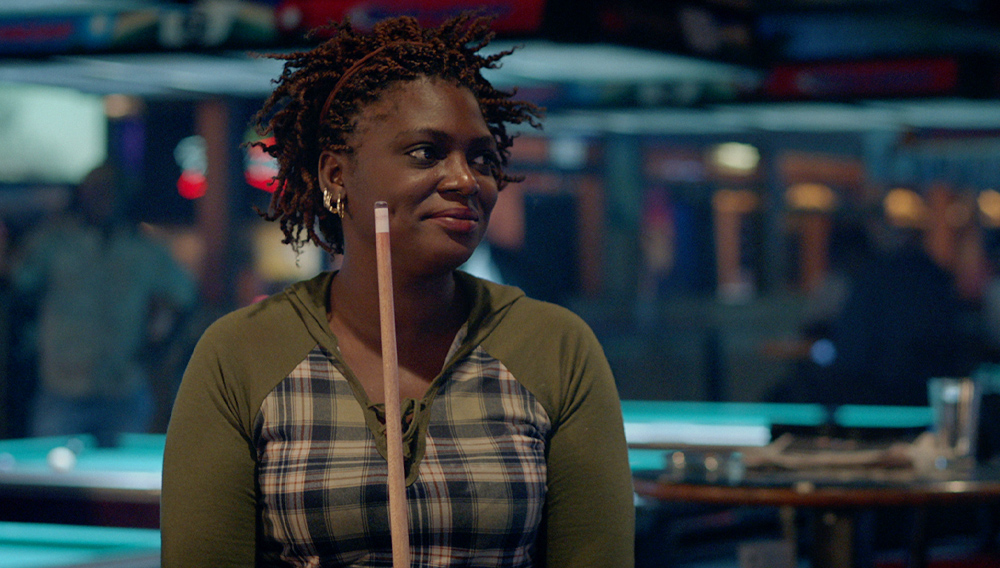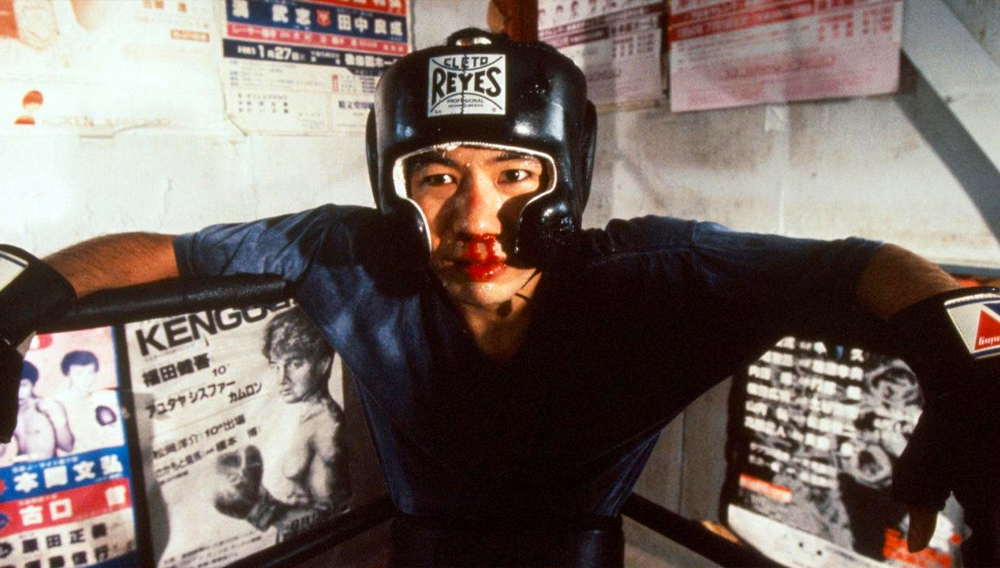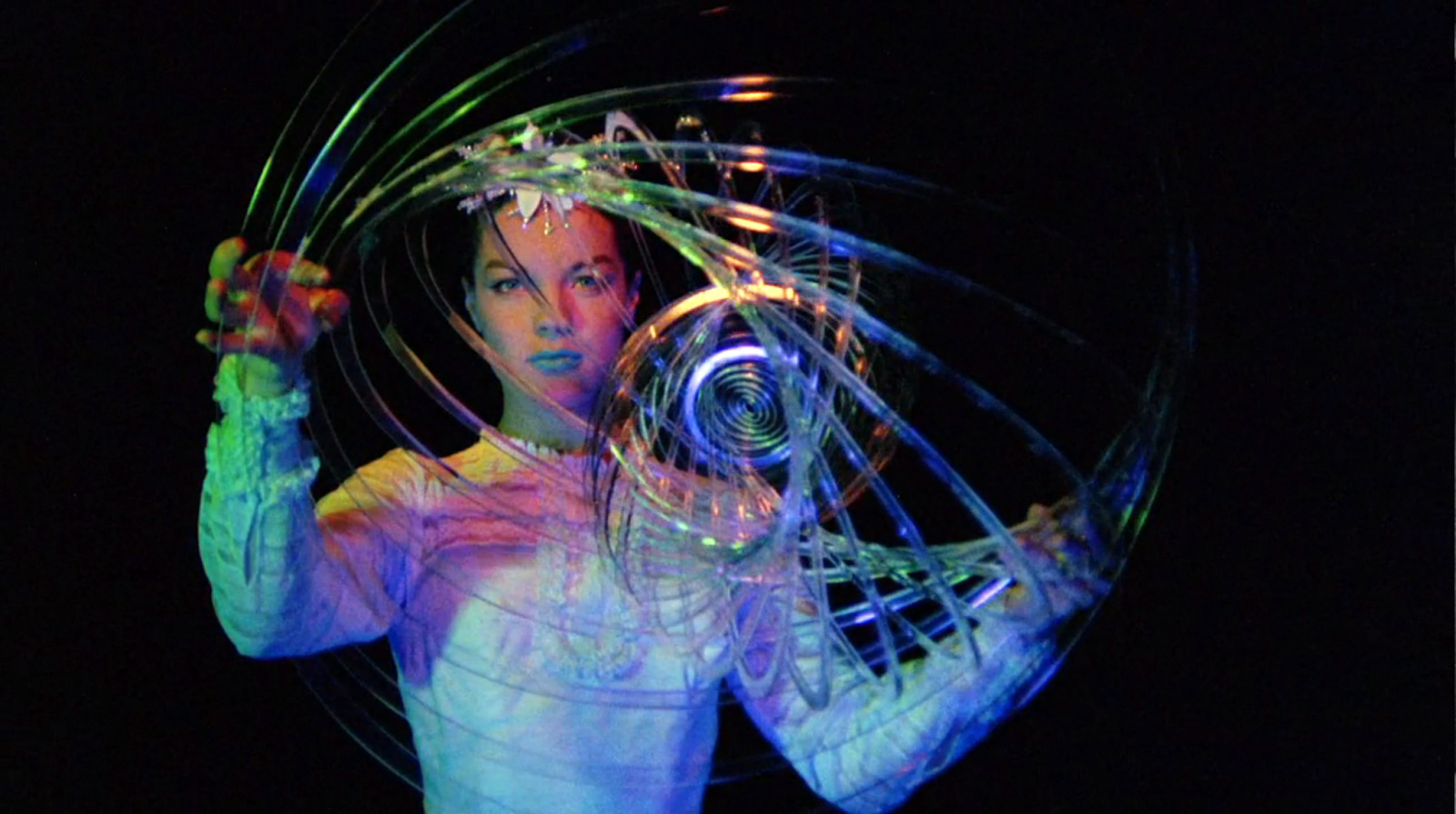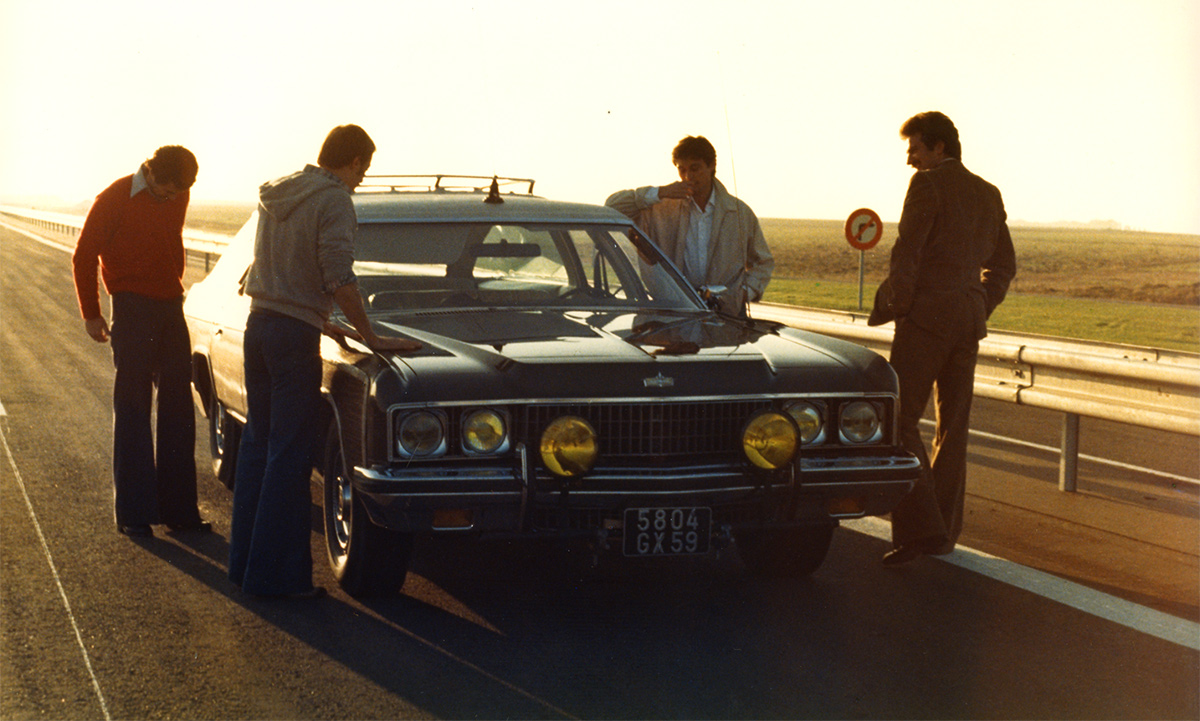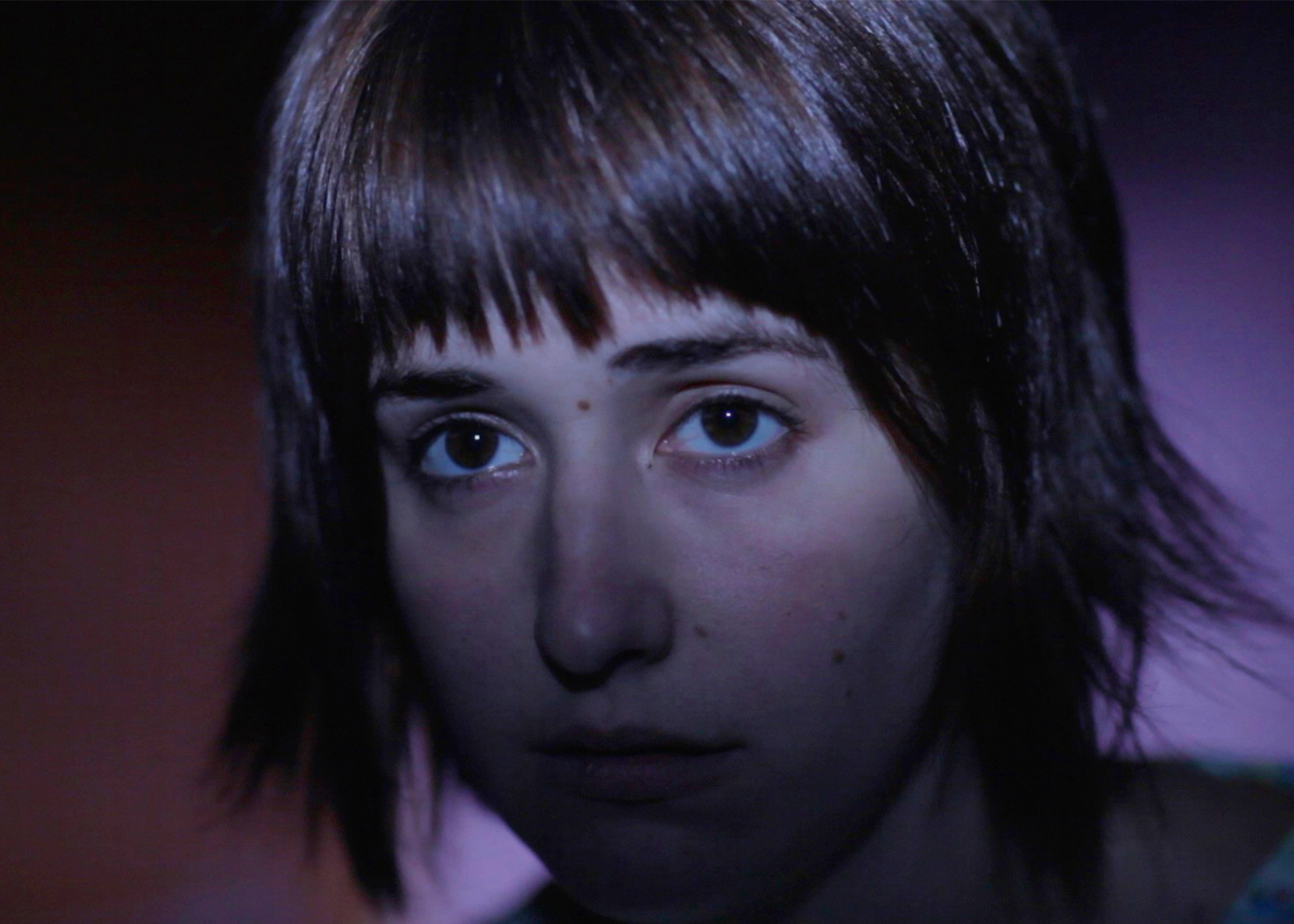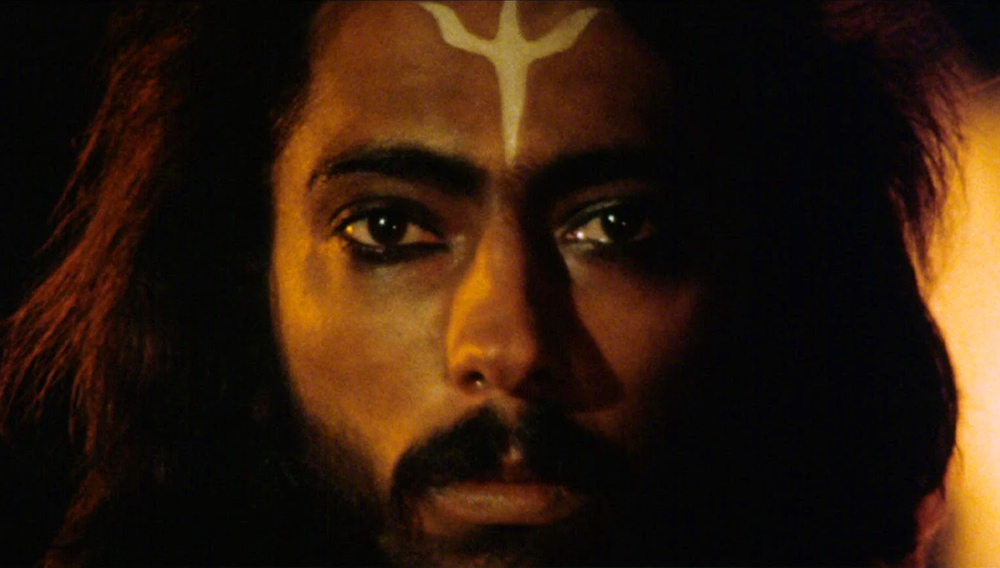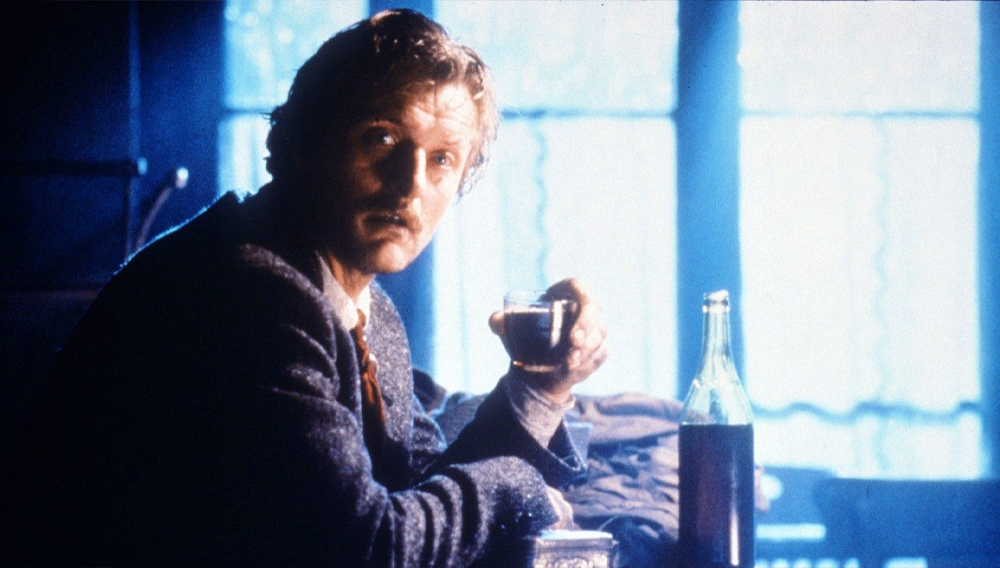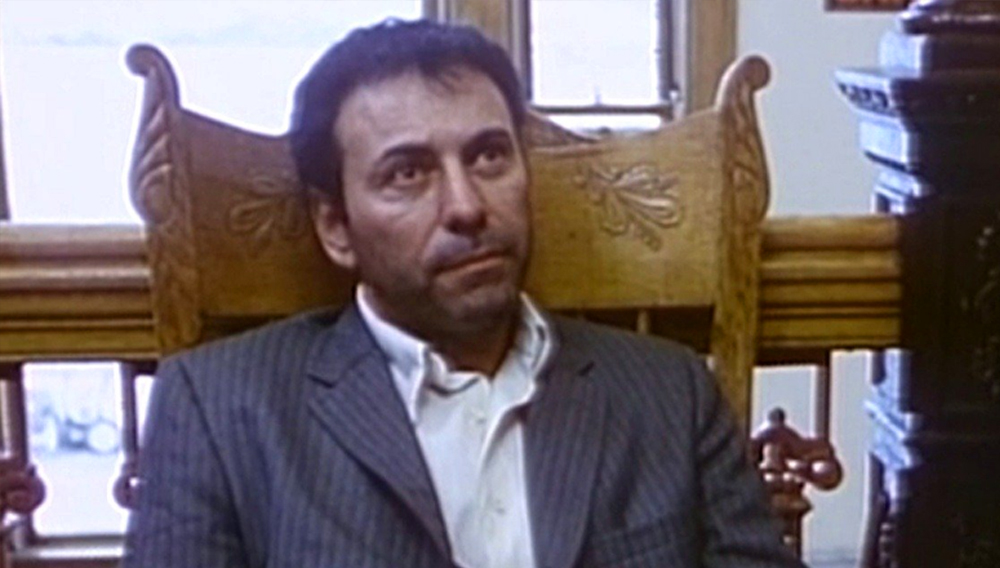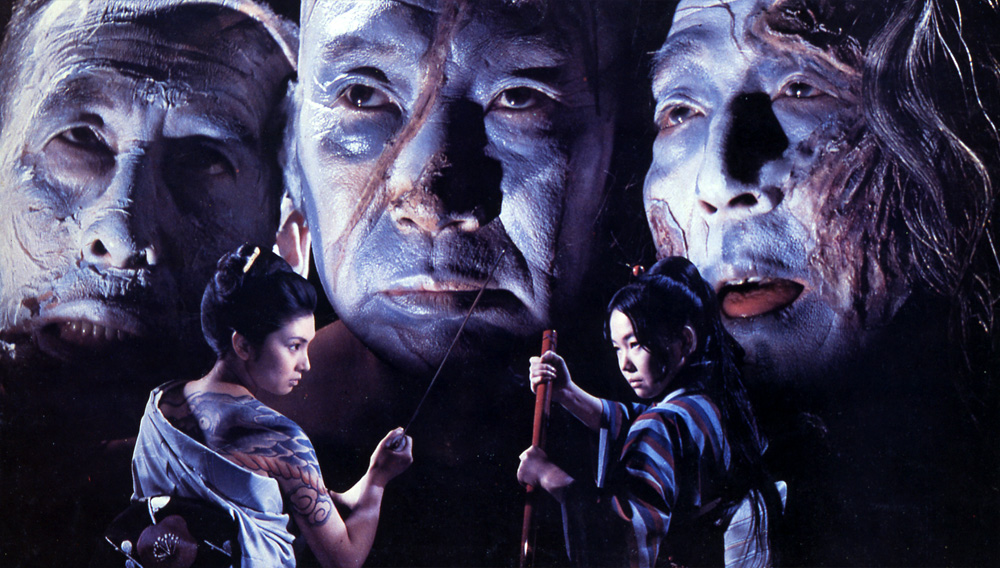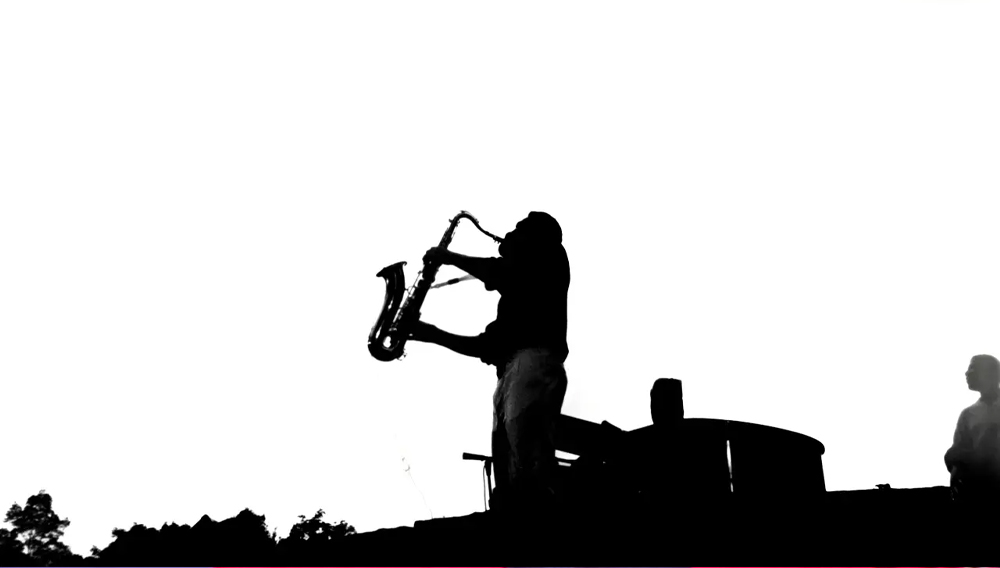Part One of a two-part video series on David Holzman’s Diary and its impact on documentaries, reality TV shows, mockumentaries and YouTube video diaries.
TRANSCRIPT:
Thursday, May 26, 2011.
I’m making a video about David Holzman’s Diary. Probably the most influential film that no one’s heard of, except within select film circles. David Holzman is a young filmmaker who turns the camera on himself in order to get a better understanding of his life. The story is so simple you wonder why someone didn’t come up with it earlier than 1967.
It’s one of the first films to use the first-person approach to documentary filmmaking, a technique we now take for granted in the era of Michael Moore and Morgan Spurlock. But there’s one catch– David Holzman’s Diary is not a real documentary, but a work of fiction, what we now call mockumentary – two decades before the idea caught on with This is Spinal Tap.
And its combination of verite documentary camerawork and staged situations is something you see everyday in reality television.
And we also can’t deny its resemblance to video blogs on YouTube.
Critic Glenn Kenny says it best: There are so many contemporary cultural phenomena that this film is a precursor to.
It’s amazing that a movie that’s almost 45 years old feels so in tune with so much of what’s happening today. But how does it compare with them? Is it just a historical relic, or does it stand the test of time?
Friday May 27th, 2011
I’ve spent the past several hours watching video blogs on the internet, seeing what traces of David Holzman I can find. When I started, I expected to find more examples that have a raw, amateurish, David Holzman like style.
Part of the beauty to David Holzman’s Diary, and the YouTube videos that resemble it, is in how its moments play out in real time. There’s beauty even in the awkwardness of his attempts at articulating his experiences.
YouTube was supposed to spark a renaissance in this kind of amateur filmmaking, bringing us closer to the real lives of others. There are plenty of those to be found. YouTube even produced a feature length film made of all these moments. But when you get to the most popular video blogs, you get this:
For the most part, these are pretty much disposable distractions, like eating internet cheeseburgers.
What’s really striking is how manically paced they are. It really is like video fast food. Even a smart vlog like The Show with Ze Frank seems afraid of losing a second of your attention:
It seems that the wild world of online video has given way to more polished and processed, productions that are as skillful in manipulating and packaging reality as mockumentaries or reality TV shows.
It’s so different from what you see in David Holzman. There’s no cutting or editing to make his insights more impactful or exciting. For that reason, he comes off as less of a show, and more like the experience of a real life.
And yet, it’s not a real life at all. David Holzman is a fictional character played by LM Kit Carson. Back in 1967, when film festival audiences found out that the movie was a put-on, they were outraged. They thought David Holzman was real boy on a sad quest to find the truth through his camera lens. But he’s actually a Pinocchio, a fictional puppet in search of reality. Even the movie’s poster suggests that the camera, like Pinocchio’s nose, gets in his way. Every image it captures is a lie.
But thinking about all the YouTube videos, mockumentaries and reality TV shows that dominate today’s media, I realize something. Even though David Holzman’s Diary is a fiction, it does take David’s project seriously. We aren’t kept enthralled by its fake reality, like so much of what you see on reality TV and online videos. Instead, David Holzman’s reality show leaves us asking, what is real behind the images we’re watching? How does the camera affect the outcome of the reality it’s capturing? These are questions that will never go away, and in fact are worth asking more than ever, even though most film and video makers have stopped asking them.
“the shortest way to truth is a lie.” – Abbas Kiarostami
Sunday MAY 29TH, 2011
This is one of the most brilliant moments of David Holzman – where he takes a frame from each shot that was aired on television in one night. I wanted to pay homage to it with my own modern-day remake, but the thing is, I don’t own a TV. Then I remembered that I spent several hours yesterday watching YouTube, which pretty much is my TV today. So I went through my browser’s history menu and took a screengrab of every shot from every video that I watched. Since I was researching video blogs, they all have traces of David Holzman’s Diary, as if they were the virtual descendants of David. And there are thousands of them.



